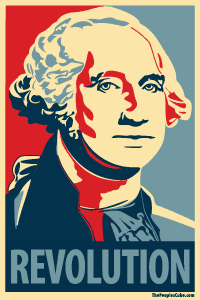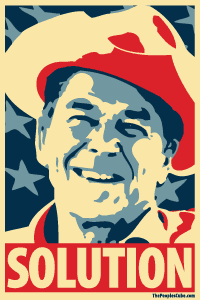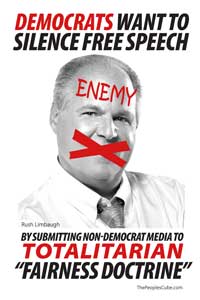Related Articles
- Penn Jillette: ‘Celebrity Apprentice’ Drama Isn’t Scripted (huffingtonpost.com)
- Nerdist Podcast: Penn Jillette (nerdist.com)
- Penn Jillette on Theism vs Atheism (eksith.wordpress.com)
- Clips From Friday: Kal Penn explains why he joined Obama’s campaign; Penn Jillette on Rush Limbaugh’s ‘slut’ comment (piersmorgan.blogs.cnn.com)
- Clips From Last Night: The Jacksons on touring again after nearly 30 years; Penn Jillette on marriage (piersmorgan.blogs.cnn.com)
- Penn Jillette at the MLB Fan Cave (curiousrat.com)
- Penn Jillette, on Obama Locking Up People for Doing the Same Drugs He Did: “It’s not a goddamn joke!” (reason.com)








